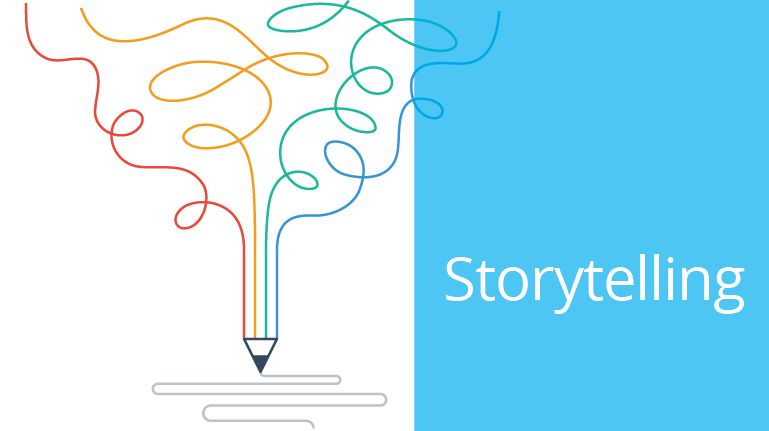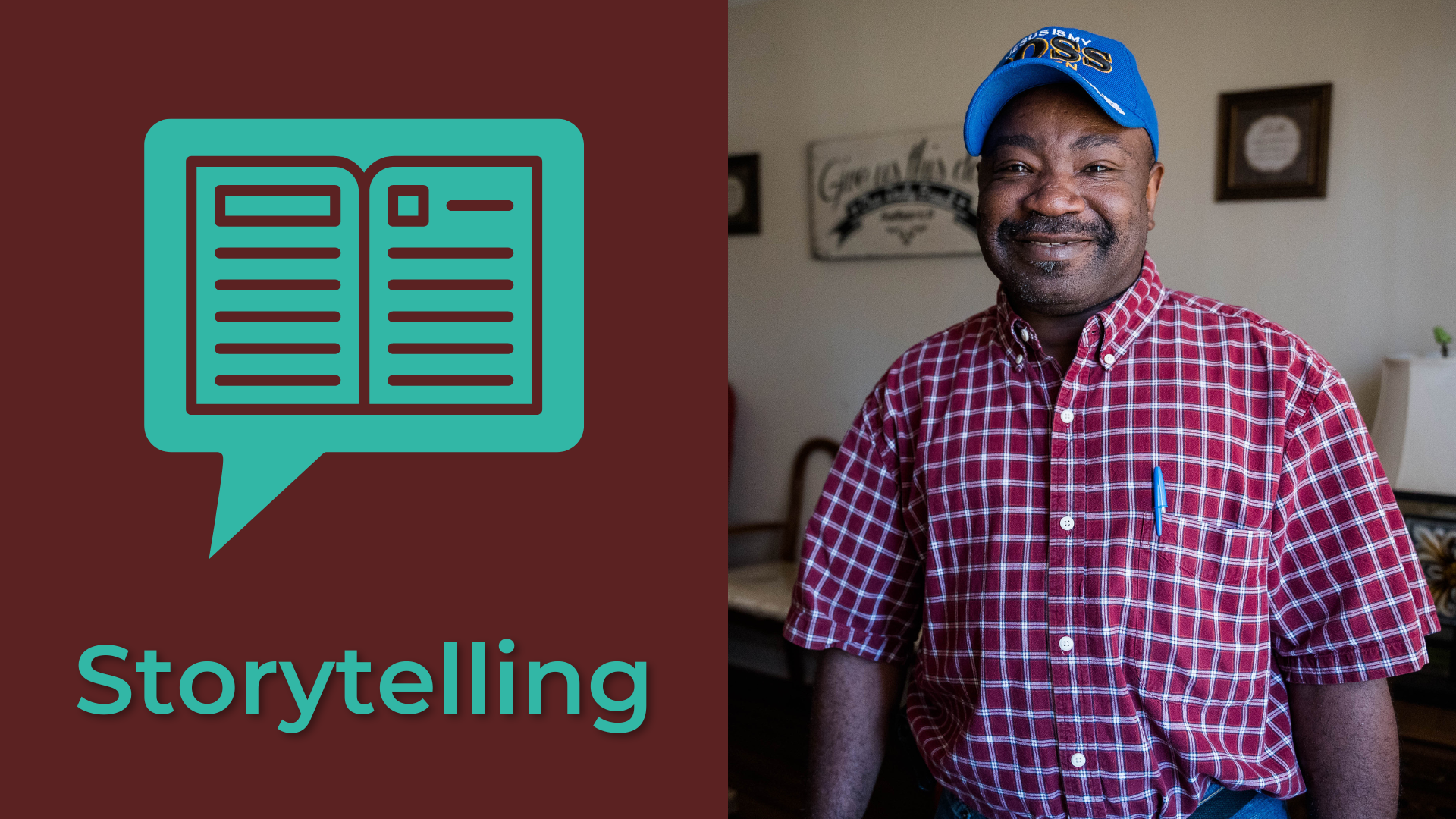Cow Tipping Press Joins GCDD’s Storytelling Project
What began in 2018 as an opportunity for Georgians with intellectual and developmental disabilities (IDD) to share stories with their legislators has become a robust collection of photographs, written stories, audio conversations, and films displaying the diverse array of experiences that create the lives of these individuals. L’Arche Atlanta, StoryMuse, and their partners have traveled the state of Georgia collecting images and stories of Georgians with intellectual and developmental disabilities and the lives they live. So far, more than 150 stories have been told through the two seasons of the Hidden Voices podcast, the documentary 6,000 Waiting, two collections of Treasure Maps Roadshow short films, and both short- and long-form written stories with accompanying photographs. Throughout the project, L’Arche Atlanta has partnered with organizations and people throughout the state and across the country to make the project come to life.
On December 7, 2022, Cow Tipping Press, writers from across Georgia, L’Arche Atlanta, StoryMuse, and the Georgia Council on Developmental Disabilities (GCDD) Storytelling Project team went on Facebook Live to celebrate the launch of their book, “Green Pasture Nightmare.” The book, the latest work done as a part of the Storytelling Project, is an anthology of poetry and short stories, both fiction and nonfiction, penned by ten Georgians with intellectual and developmental disabilities.
Cow Tipping Press, a Minnesota-based inclusive writing center/publishing company, leads workshops that create opportunities to relish the assets, rather than the deficits, of people with disabilities through the unique lens of creative writing. They seek to change the narrative on developmental disability. The organization offers writing classes for adults with developmental disabilities (over 400 alums and counting) and creates platforms for them to speak for themselves in spaces that have historically been used to speak about them. Cow Tipping workshop instructors use differentiated instruction methods that are accessible to diverse learners and, over the course of the two-month long story development curriculum, expose the students to new writing topics and genres. Through an application process, nine budding authors from across Georgia were selected to participate in the workshops to build their creative writing talents and craft their ideas and experiences into a series of authentic stories and poetry. For many participants in the program, this is the first time they have ever had their work published.
The nine Georgian authors who participated in the project are as follows:
- Ronald Bovell - Stockbridge
- Wesley Ford - Jackson
- Derek Heard - Albany
- Christopher Fleming - Tyrone
- Kyleigh Kramlich - Lawrenceville
- Kristian Thomas - Barnesville
- Tina Wheeler - Macon
- Jessica Winowich - Columbus
- Joshua Williams - Statesboro
Rachel Liberman, Cow Tipping Press Program Manager stated, “Kudos to GCDD for their work to include more than a 'single story', or the important but expected stories directly on disability in their storytelling project. As author Chimamanda Ngoze Adichie famously said, ‘to create a single story, show a people as one thing, as only one thing, over and over again, and that is what they become.’ We at Cow Tipping believe creative storytelling—fiction, nonfiction, poetry, and journalism—from the perspective of authors with intellectual/developmental disabilities is just as important for self-advocacy as stories of challenges faced in medical, educational, and social services settings, and we're excited to be included in this important project.”
As a part of the Facebook Live event, several authors shared their scripts, poetry, and short stories that were humorous, suspenseful, and soul-stirring. While the level of previous writing experience varied among the participants, it was obvious that the authors embraced the process in ways that best suited their individual talents, perspectives, and voices.
GCDD’s Storytelling Project contract manager Maria Pinkelton commented, “Cow Tipping Press has served as a wonderful launch pad for these writers. The confidence that comes from participating in the creative process is powerful, and I hope it’s an activity that they use often. It was a wonderful launch pad for these writers. It’s been proven that the process of writing lowers stress, increases one’s ability to communicate complex concepts more effectively and builds persuasive communication skills. During the book launch event, we also saw the confidence that this practice builds in those who ‘flex’ their creative muscles. I am pleased that this group of advocates had the opportunity to participate in this project and hope they build on the skills they’ve learned.”
For those who were unable to attend the event, a recording is available on the Cow Tipping Press Facebook page. You can find out more about Cow Tipping Press, as well as purchase Green Pastures Nightmare and other books by previous classes on their website at https://cowtippingpress.org.
The entire collection of works created as part of the GCDD Storytelling Project can be found on our Telling Our Stories website at https://story-collection.gcdd.org/the-gcdd-storytelling-project.

